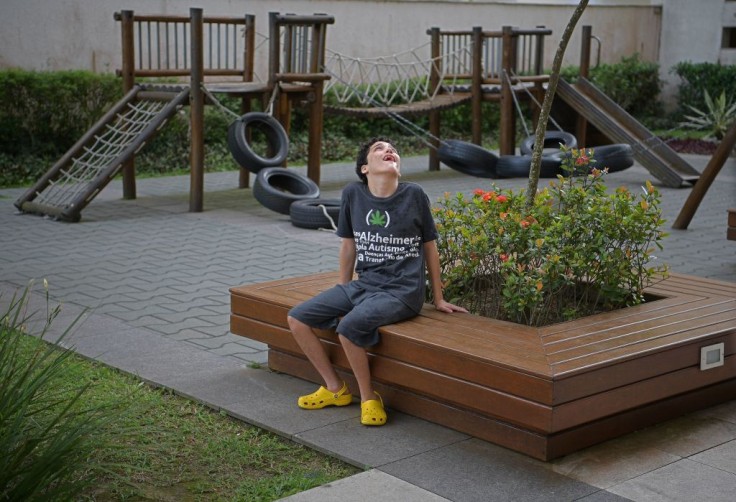
There is no evidence to suggest that epidurals and autism development in children are interlinked, according to experts who scrutinized a controversial finding released in 2020.
In a commentary, Cynthia Wong, an anesthesia professor at the University of Iowa, wrote that epidurals and autism have no direct connection despite research that indicated a slightly "higher autism odds" in babies of mothers who had the anesthesia during childbirth.
To debunk this highly contended fading, experts from the Stanford University School of Medicine in California and the University of Manitoba in Canada conducted their own studies, which drew similar results with another research from Danish scientists to reassure mothers that epidurals are safe and would not cause autism.
The Stanford/Canada Study
The first study had doctors Alexander Butwick and Elizabeth Wall-Wieler follow the development of 123,175 born between 2005 and 2016. At least 40 percent of the moms in this study had epidural anesthesia during labor. Of the kids whose moms received the anesthesia, 2.1 percent were later diagnosed as under the autism spectrum.
The researchers delved deeper into the factors that raised the autism risk for these kids, which the previous study did not consider. They looked into the socio-economic situation of the mom, her pre-pregnancy history and medical conditions, her alcohol or smoking habits, and her drug use, if any.
They also looked into a history of mental illness in the family or if the mother was prescribed antidepressants or antiepileptics drugs while pregnant. The nature of the pregnancy and labor was also studied and compared with her other kids.
After adjusting all these factors, Butwick and Wall-Wieler found in their analyses that there was no statistical evidence to show the connection between epidurals and autism. The experts were confident that their data was more robust than the other study since they "accounted for limitations."
Their findings were published in the JAMA Pediatrics journal.
The Danish Study
On the other hand, the second study involved 480,000 Danish kids, where 19 percent had been born while their mother had epidural during the labor. The experts did a seven-year follow-up from 2006 to 2013 and also controlled the limitations by considering the mother's medical and psychiatric history. Like the Canada study, the researchers could not find any links between epidurals and autism. They also published their findings in the JAMA Network.
The experts noted that the two studies with slightly different demographics, different populations, and different data, but with nearly similar results would be valuable and helpful to moms who may still doubt epidurals. Dr. Anders Mikkelsen, an obstetrician in Copenhagen who led the Danish study, said that he personally doesn't see any problems recommending epidural to his patients to manage their labor pains.
Pamela Feliciano of SPARKforAutism.org, who was not part of any studies, said that their own studies with the Simons Foundation Autism Research Initiative over the years have indicated that autism development is genetic and environmental.